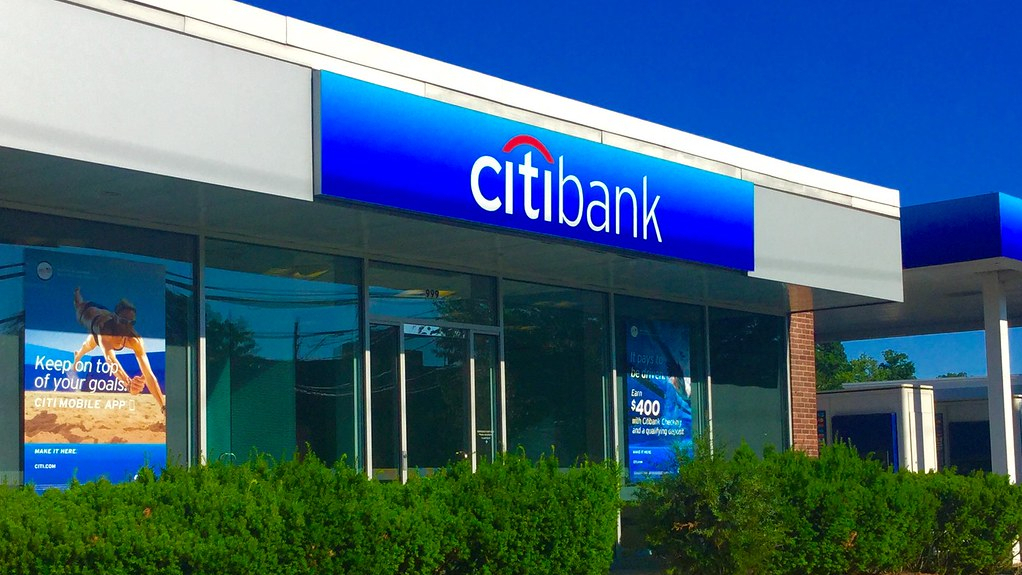Banks have put several measures in place to combat credit card fraud. Some of them are obvious, like providing cards with chips and contactless technology. Other upgrades are on the backend, which has led to the banks no longer requiring you to alert them if you are traveling outside of your home country.
Additional fraud prevention measures are optional, like requiring Two Factor Authentication (2FA) to access your account. To provide even more protection against having your card number stolen, some banks will provide a “virtual account number.” This is an alternate number generated by the bank that links to your account. Depending on the bank, you can set the number to be good for a single purchase, a set duration, or for a maximum amount per purchase or total amount.
One bank that offers virtual account numbers is Citi.
Citi helps make my credit card number virtually impossible to steal by generating a random Citi card number that I can use while shopping online.
When shopping online or by mail order, you can use a randomly generated Citi card Virtual Account Number instead of your real account number. Simply click Enroll in/Get below to begin using Virtual Account Numbers.
All purchases made with your temporary number will appear on your monthly statement with your other purchases and will include the Virtual Account Number that was used for each transaction.
I needed to buy some software from an online company I had never heard of. To be safe, I went to the Citi app and created a virtual number for my Custom Cash card. My logic was that even if the card number was stolen, I wouldn’t have much trouble getting a new card and I have no regular payments scheduled that would require changing.
The virtual number setup was easy and I had the number quickly. I went to the website to pay for a registration key and as soon as I clicked to pay, I received a text message. I also was told by the website that my transaction was declined.
The text from Citi said:
Did you attempt $59.95 at XXX on XXX? Yes=1, No=2, or Sign On to Citi Mobile App.
I replied with “1” to say it was me who was trying to purchase something online.
Citi’s reply:
Your purchase was declined. Please retry. Your card is ready to use.
I attempted the purchase again, which went through.
Then I received another text message.
We need to speak to you about your acct. Please call 844-XXX-XXXX
I was busy working on the program I had just purchased so I ignored the message. The payment went through so I figured it was a glitch.
Two hours later I got a call from the Citi Fraud Department. I was out at the time so they left a voicemail saying that my account activity could be limited unless I called them. I didn’t want to deal with Citi’s Fraud Dept. at that moment, so I let it go.
Four hours later I received another call. I figured I might as well answer since they weren’t going to go away. After answering the phone and saying it was me, I was connected to a representative. They sent a text message to my phone to confirm it really was me.
Once they were sure I was who I said I was, the representative asked if I created a virtual account. I said that I did because I was using an unknown website and wanted to protect my account as they recommend. To be safe, I set a $100 limit on the virtual card number and for it to expire in 2 weeks.
The rep then asked if I made a payment of $59.99. I said that I tried and it was denied but after I replied to the text message to say it was me, the payment went through on the second try.
She was professional and said that Citi was having problems with fraudulent virtual account numbers being created for payments and wanted to make sure I was the one buying something from a company in Hong Kong.
Until then, I didn’t even know the company was outside of the United States. Once I settled the fraud alert, I was concerned that I’d be charged a foreign transaction fee (which I wasn’t because the company uses a US payment processor).
In the end, it only took about 5 minutes to get things straightened out. The thing I found the most strange was creating a virtual account number, which Citi suggests to prevent getting your account number stolen, was what triggered the fraud alert.
Want to comment on this post? Great! Read this first to help ensure it gets approved.
Want to sponsor a post, write something for Your Mileage May Vary, or put ads on our site? Click here for more info.
Like this post? Please share it! We have plenty more just like it and would love it if you decided to hang around and sign up to get emailed notifications of when we post.
Whether you’ve read our articles before or this is the first time you’re stopping by, we’re really glad you’re here and hope you come back to visit again!
This post first appeared on Your Mileage May Vary
Join our mailing list to receive the latest news and updates from our team.

